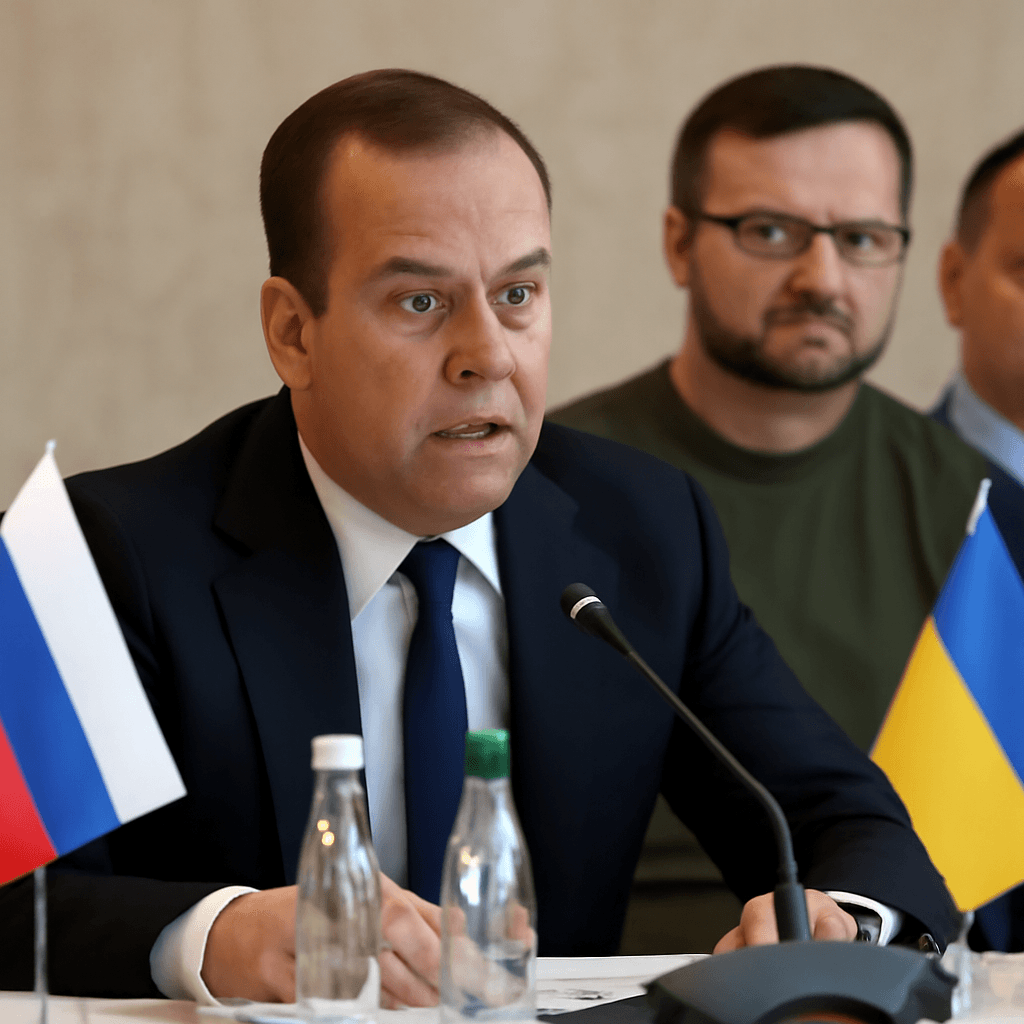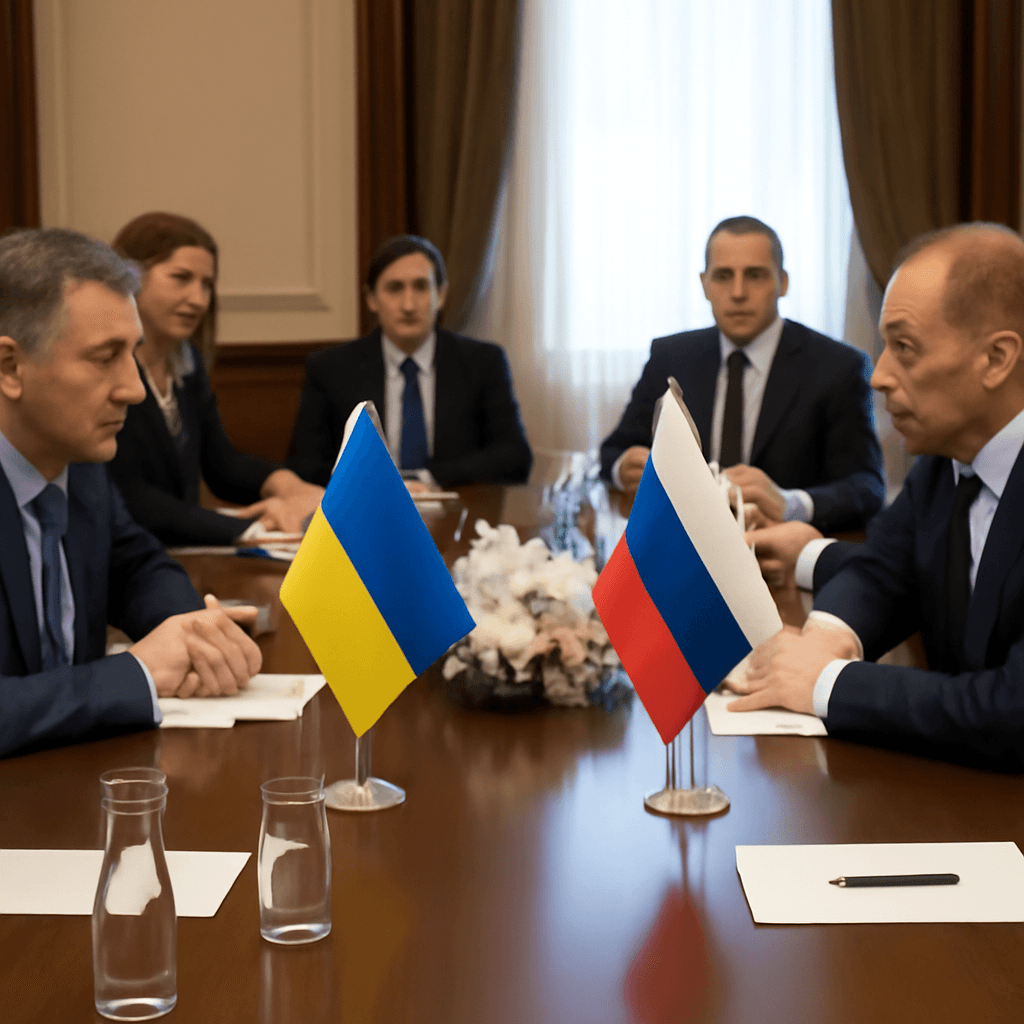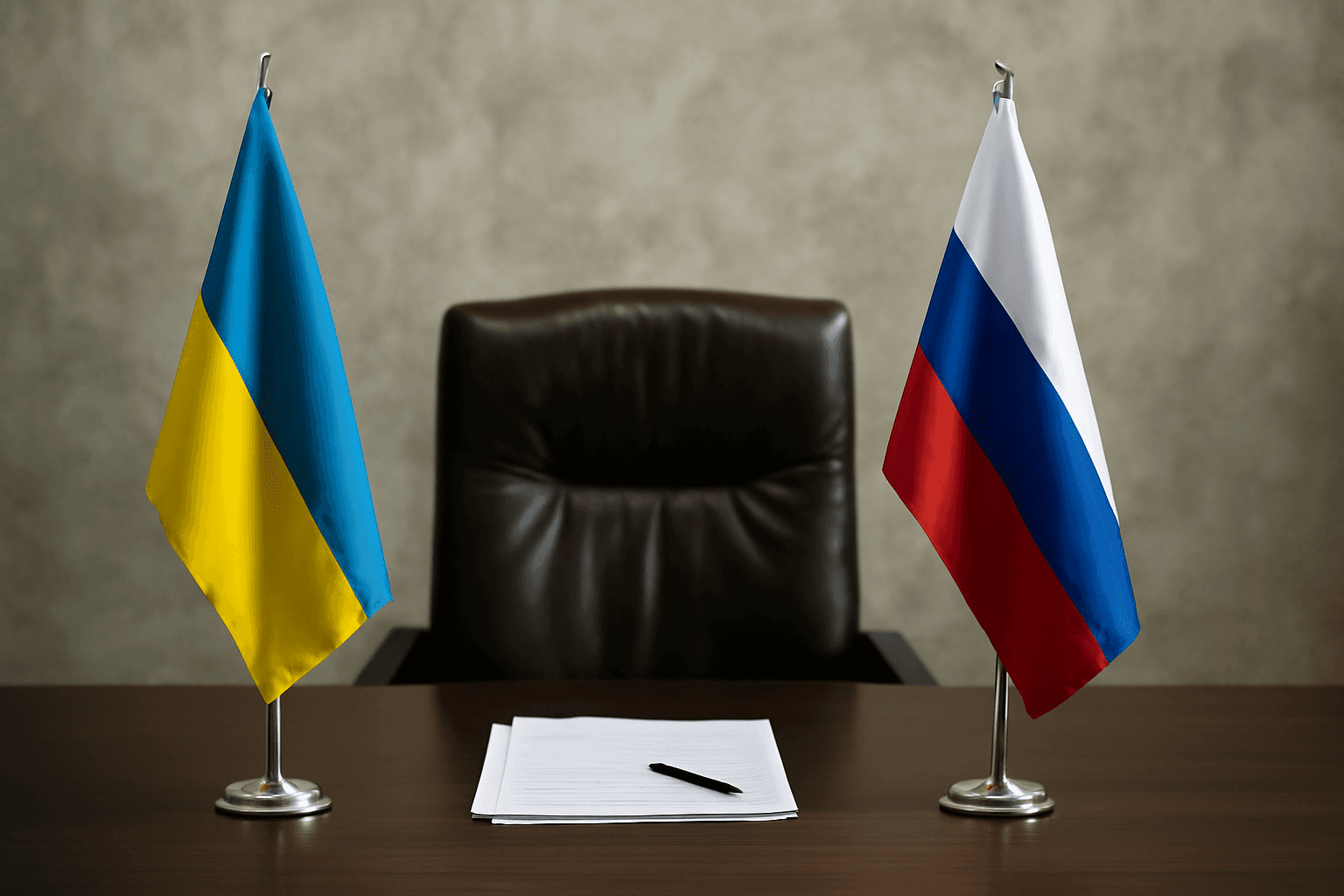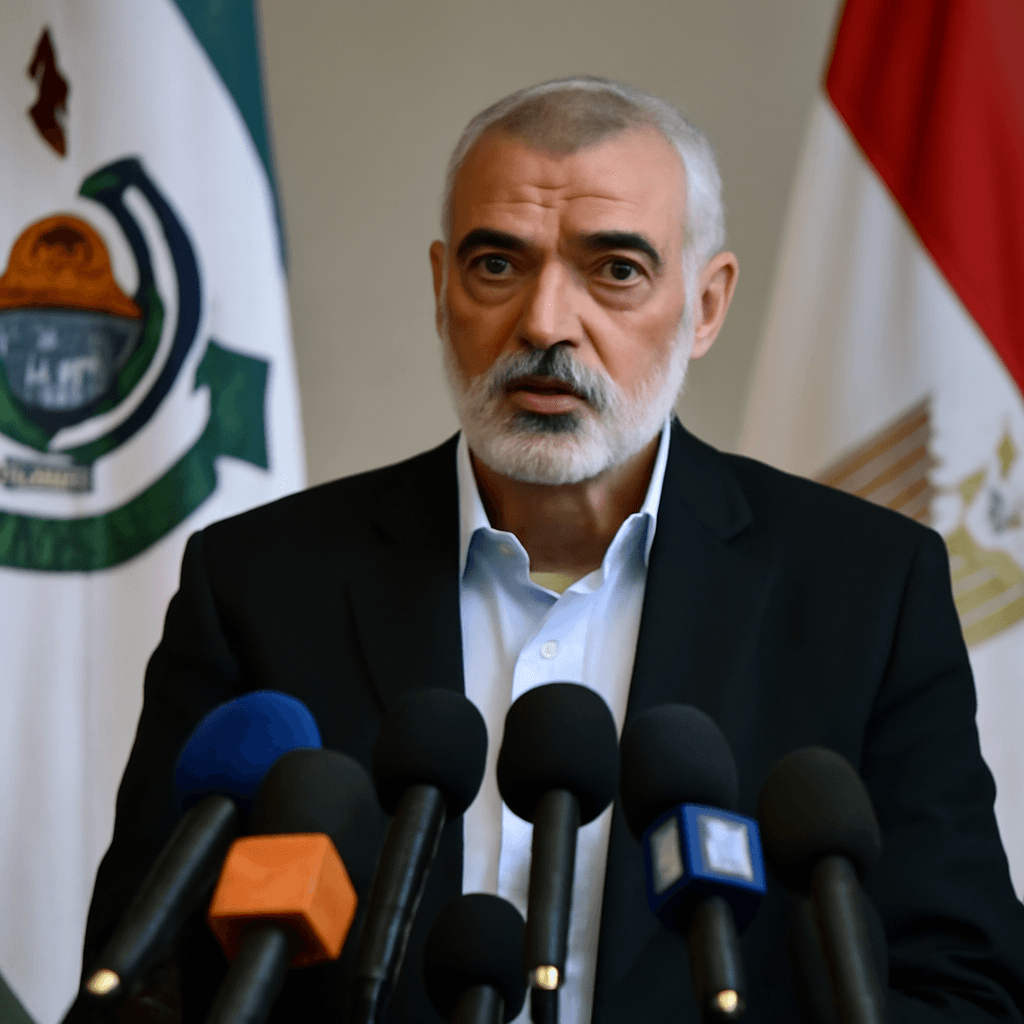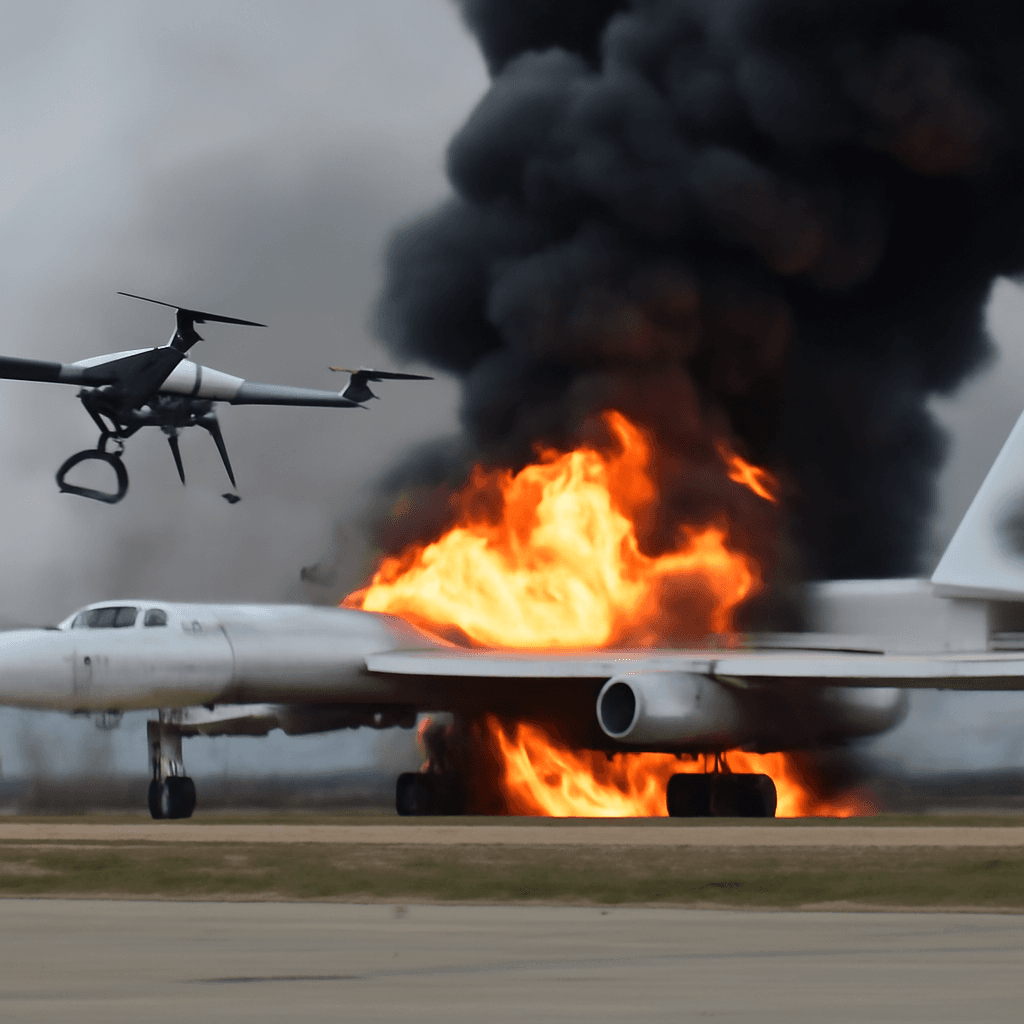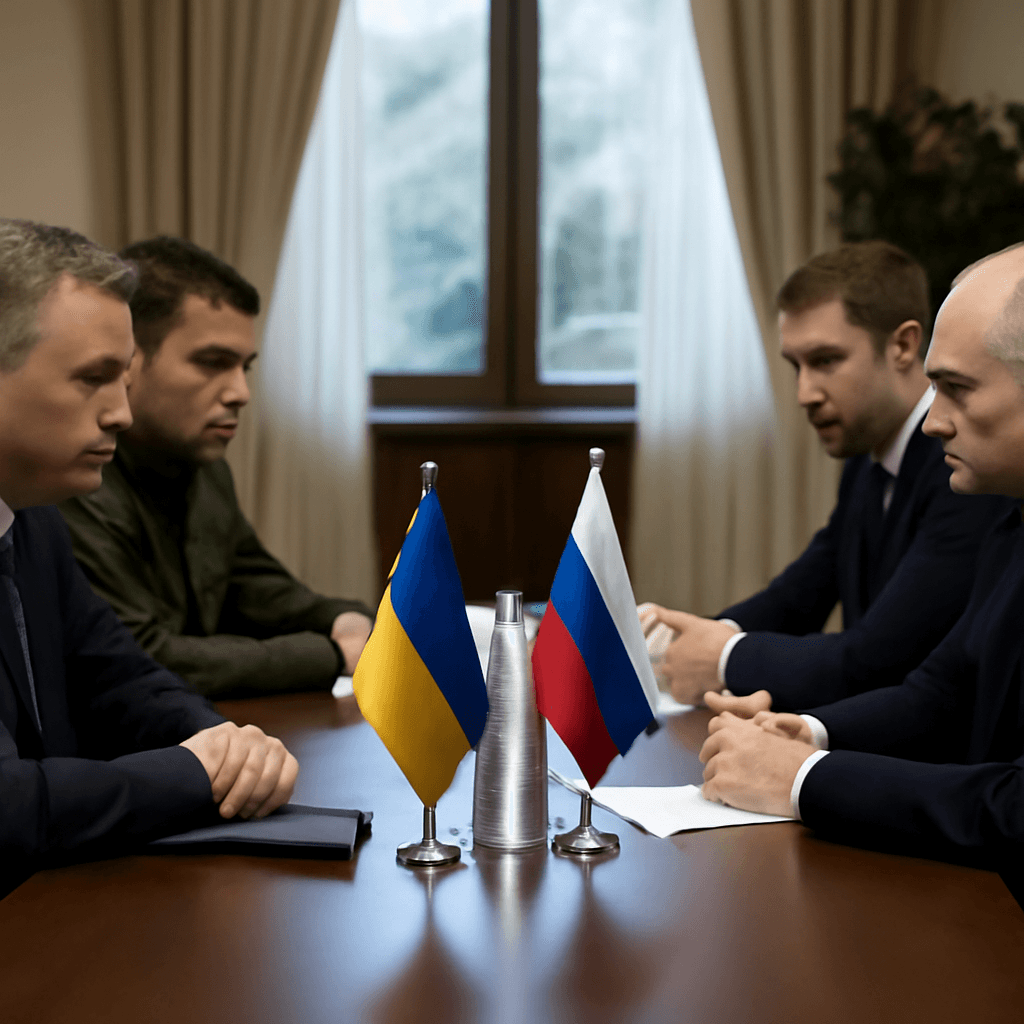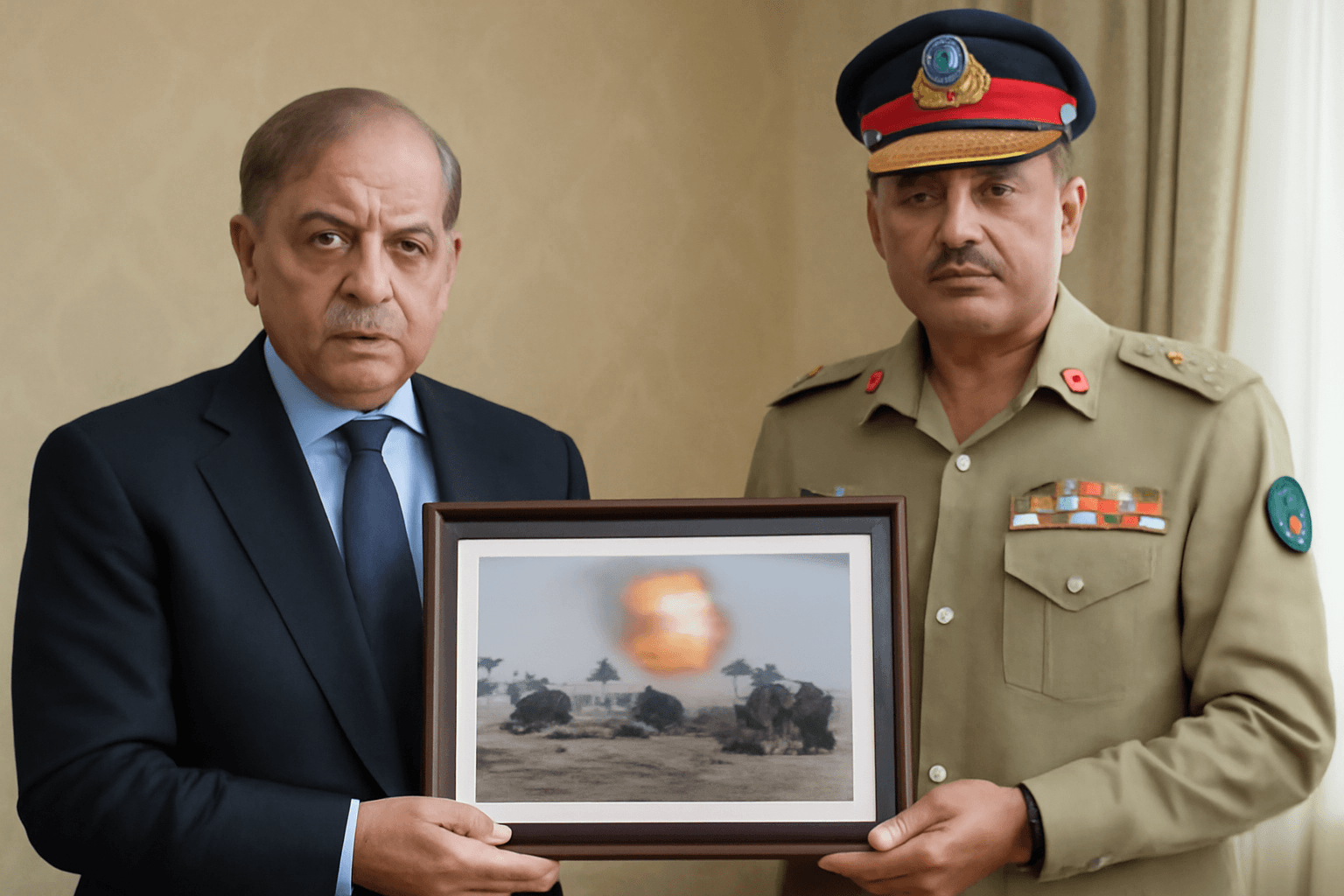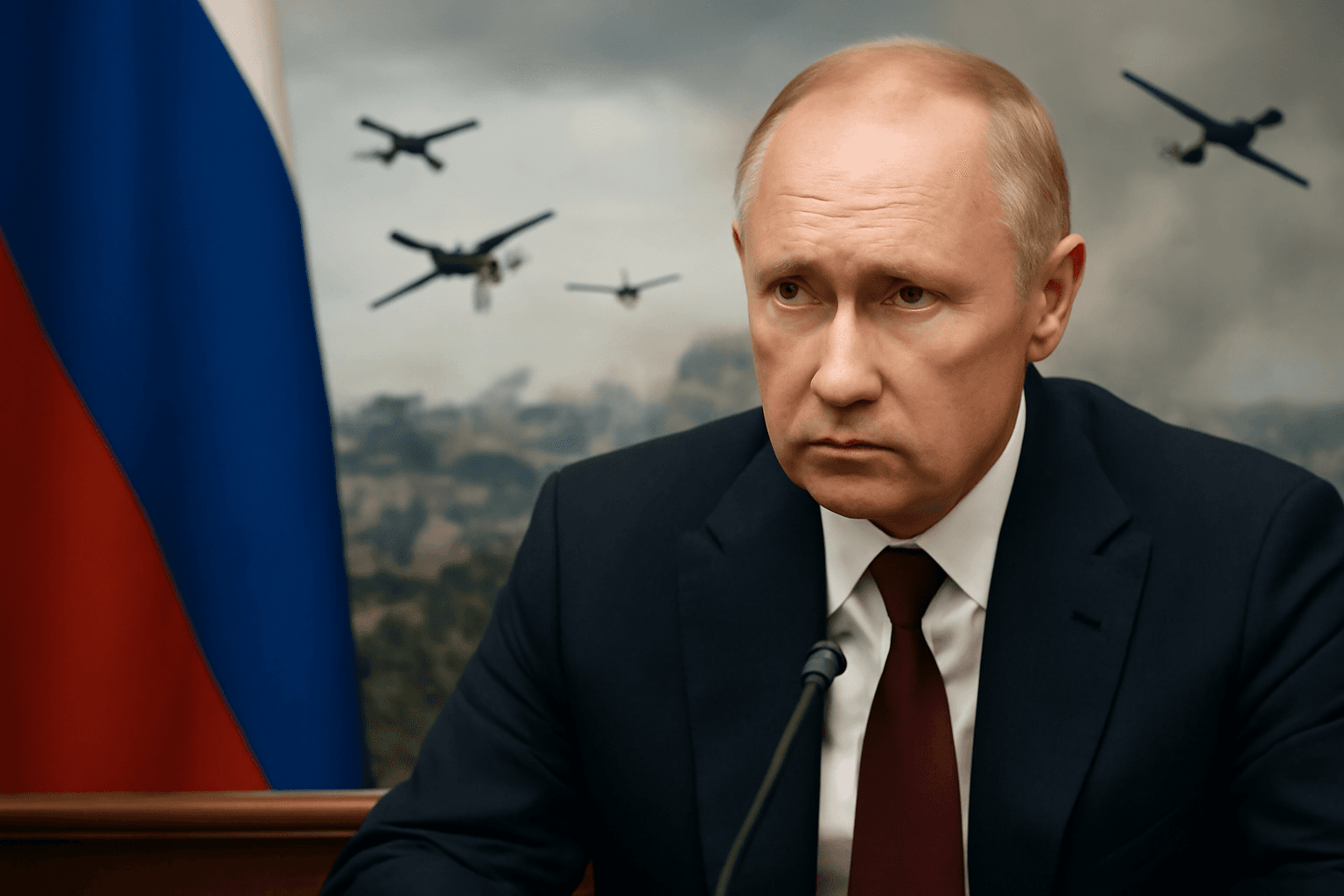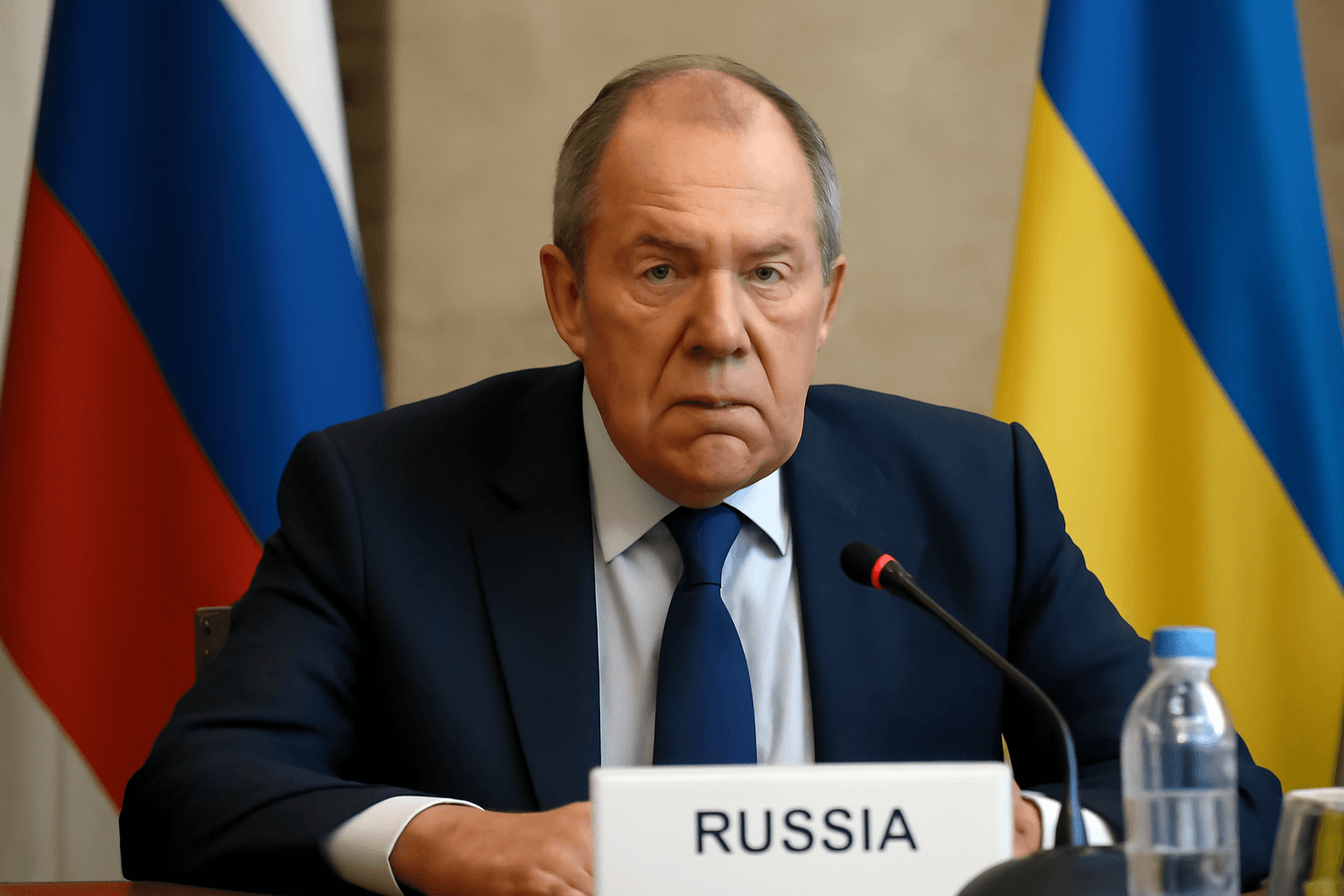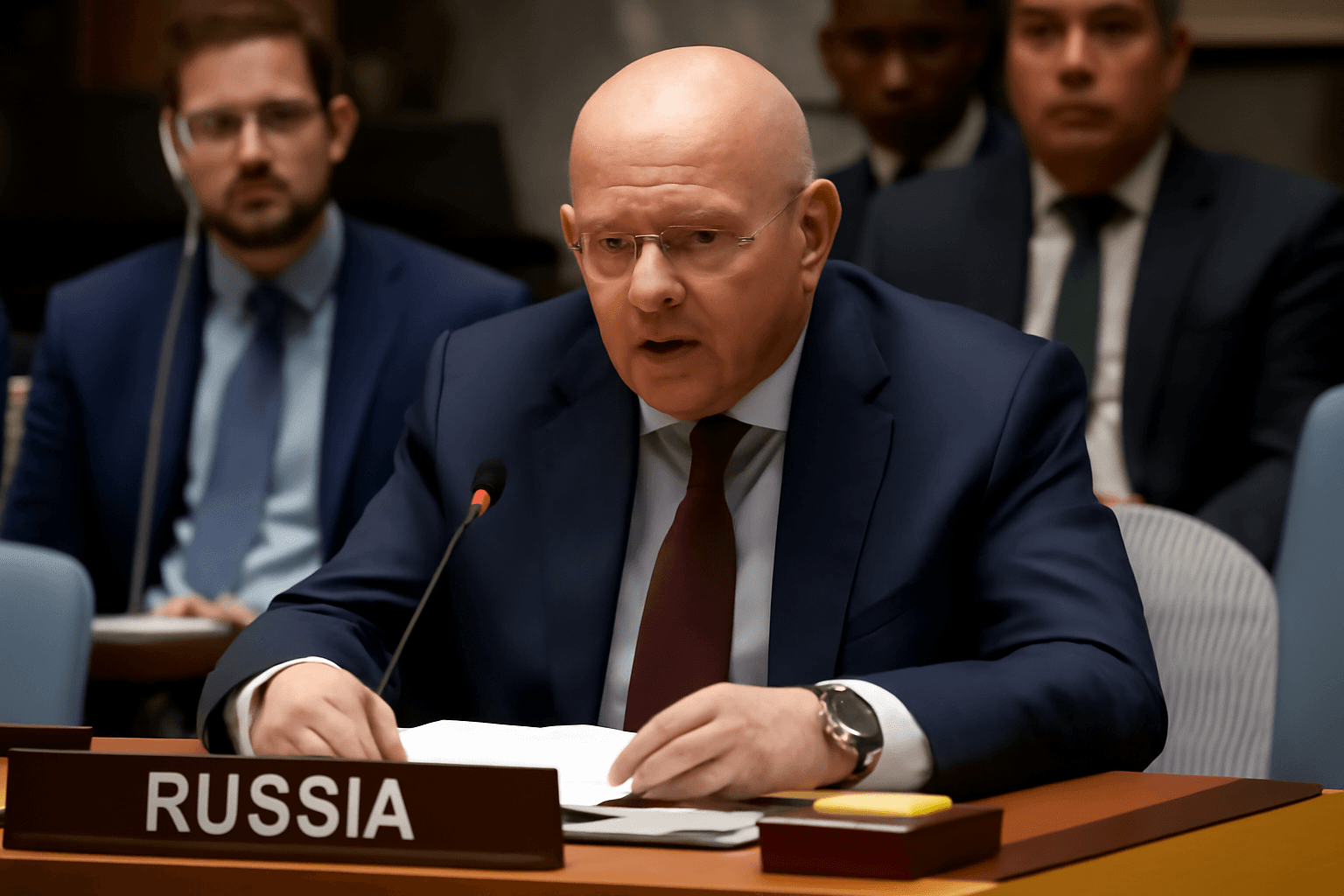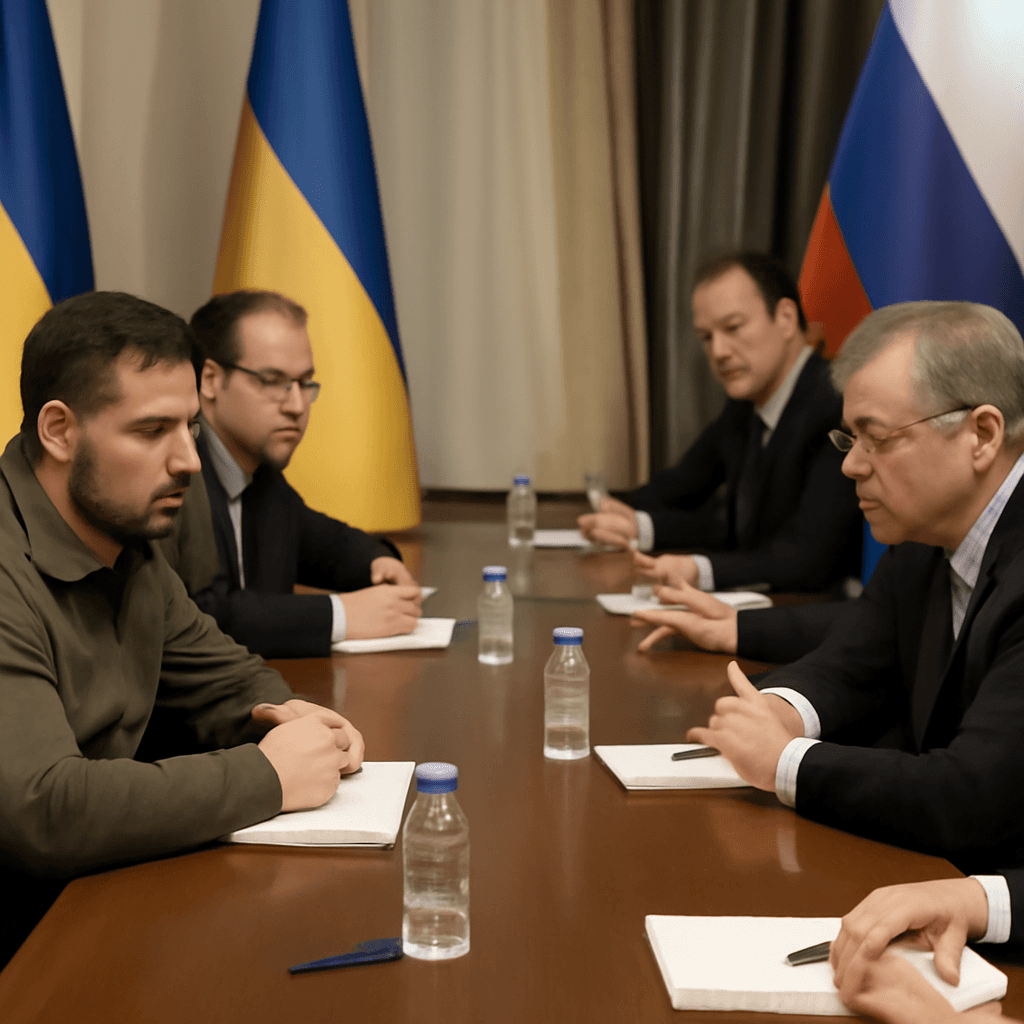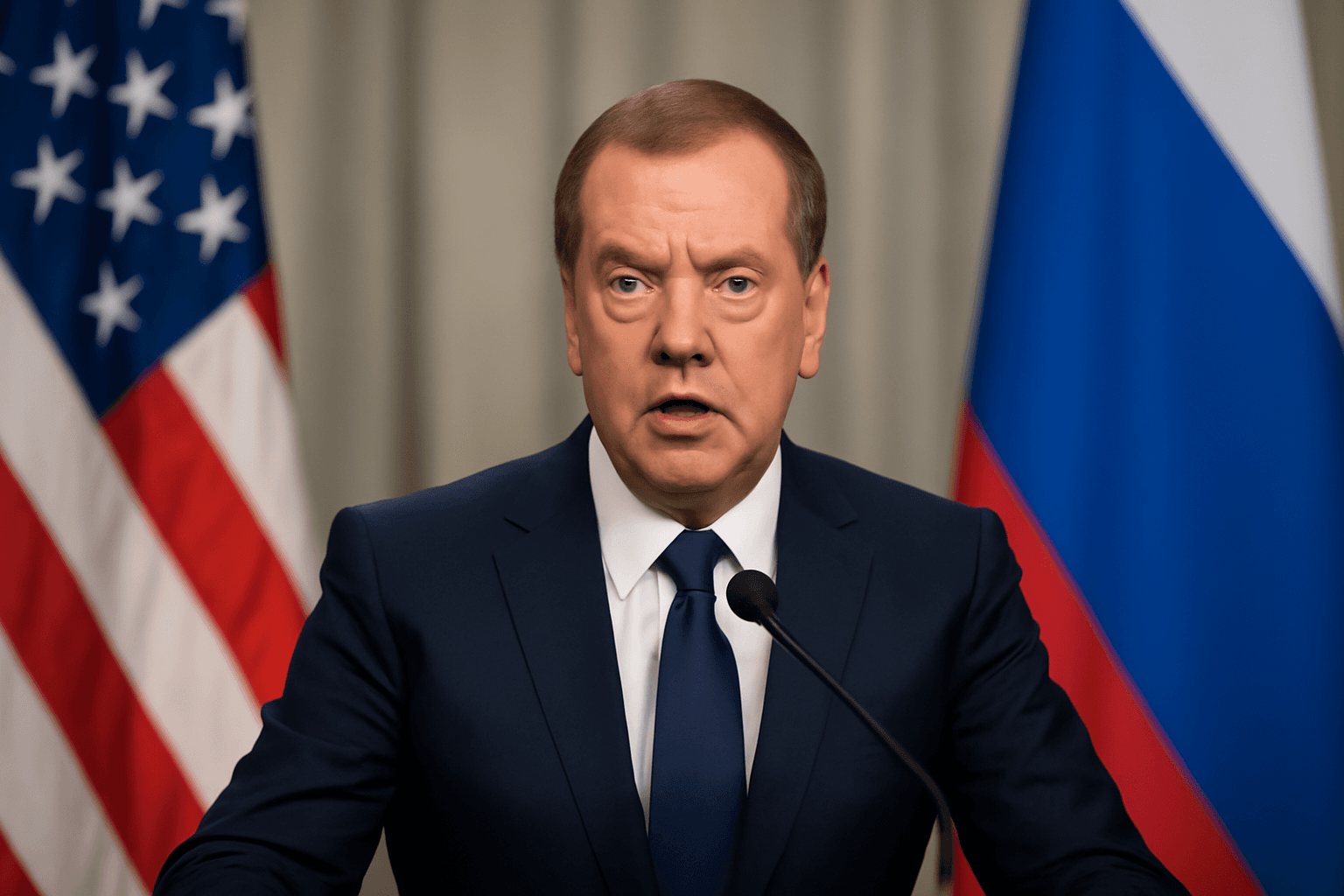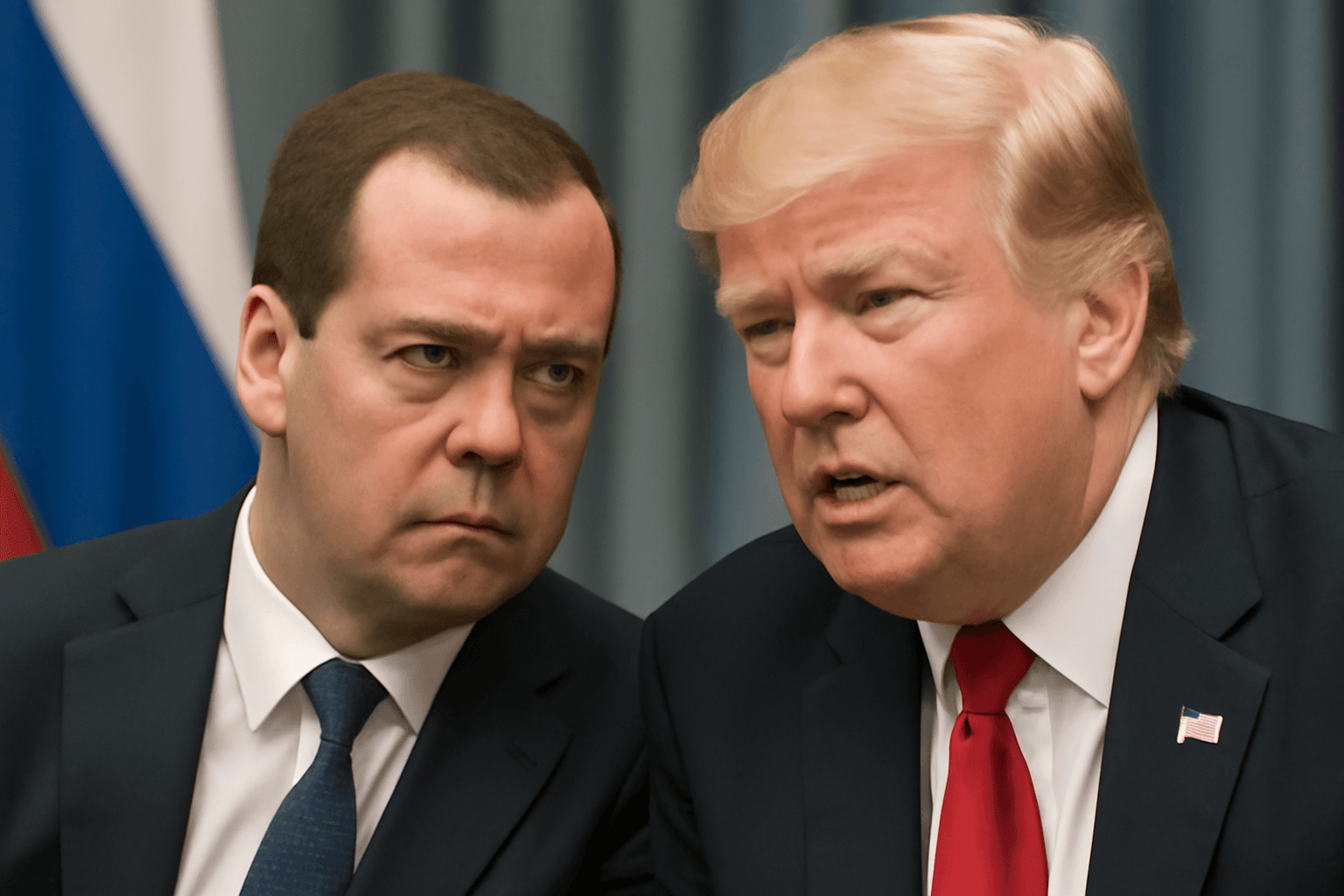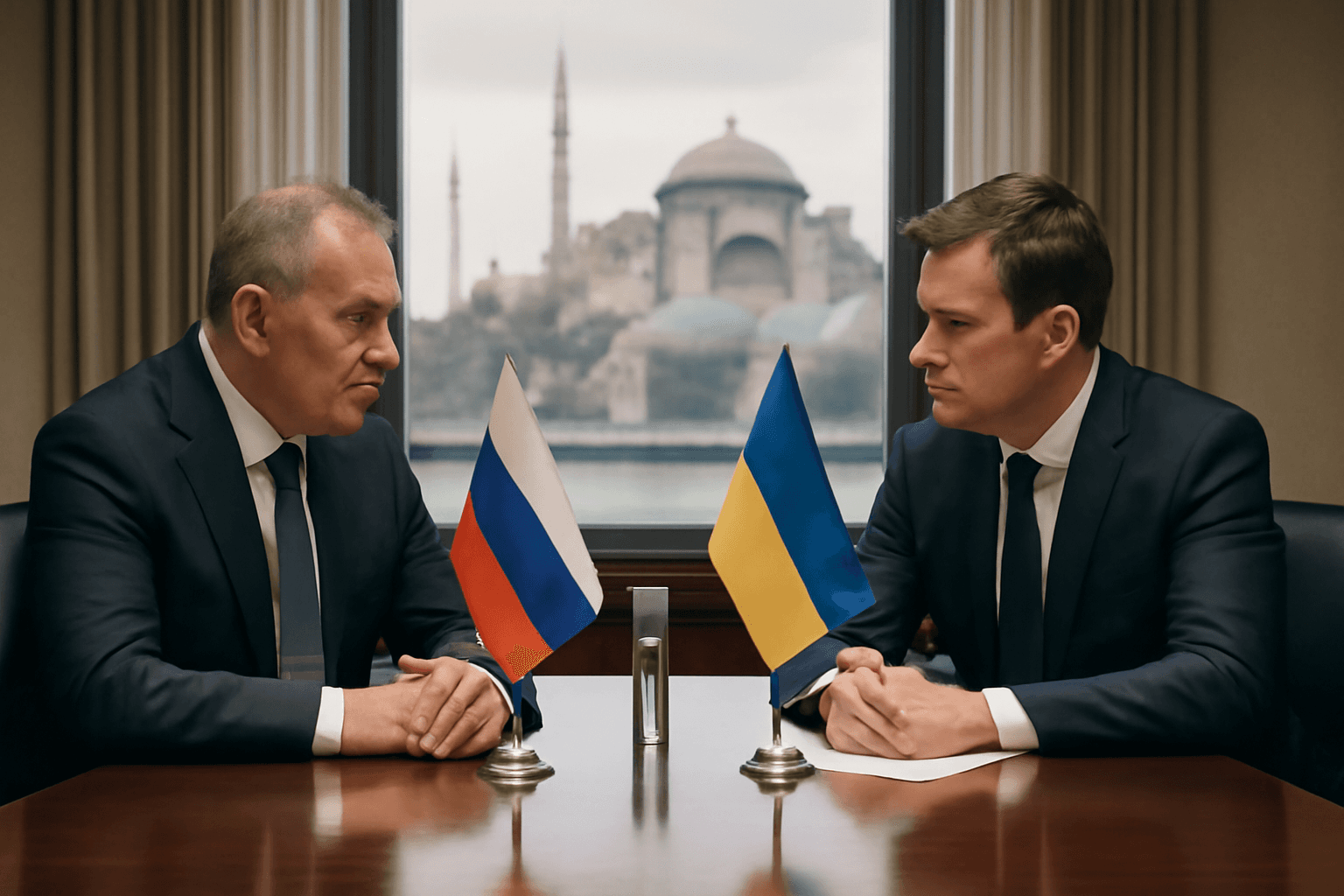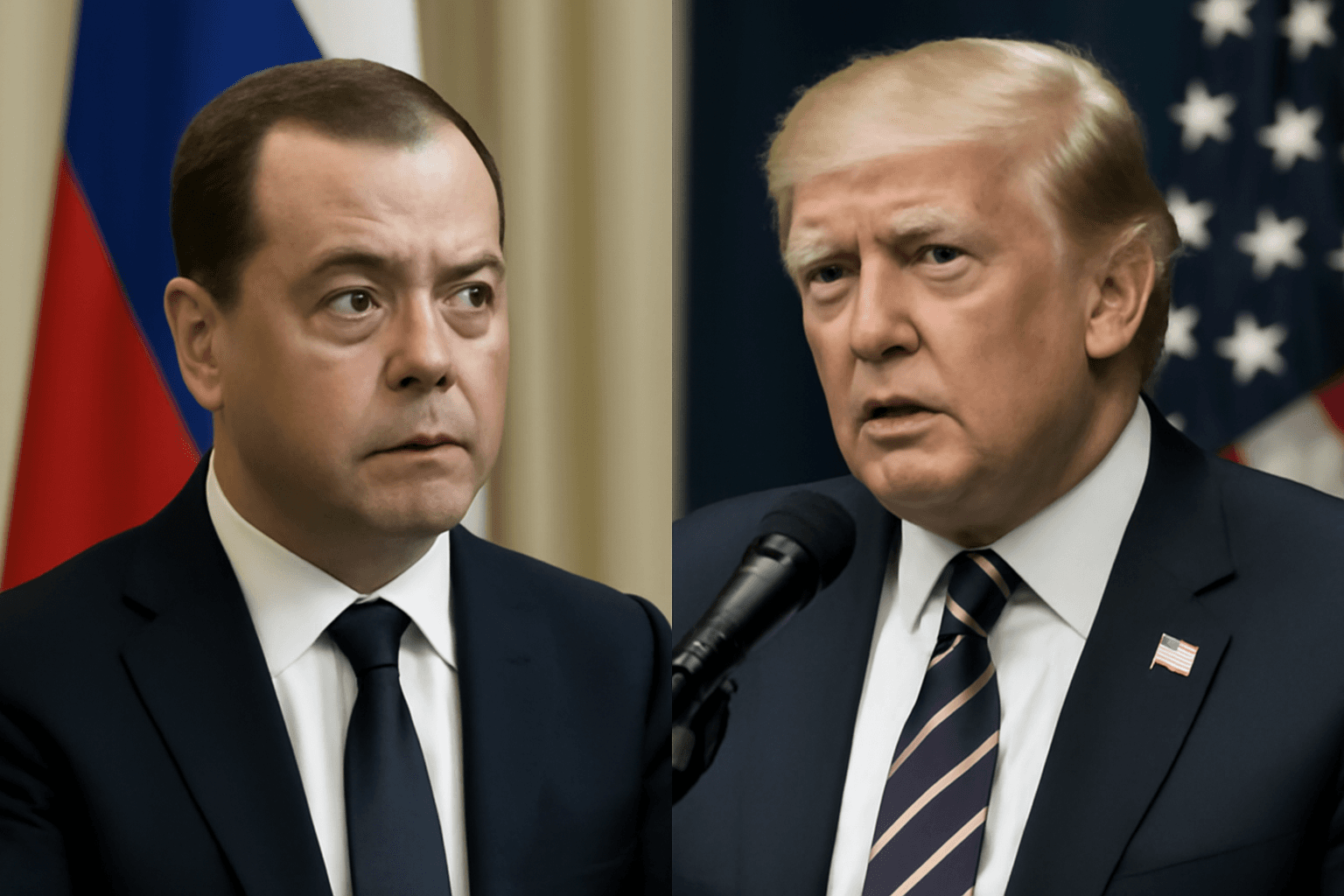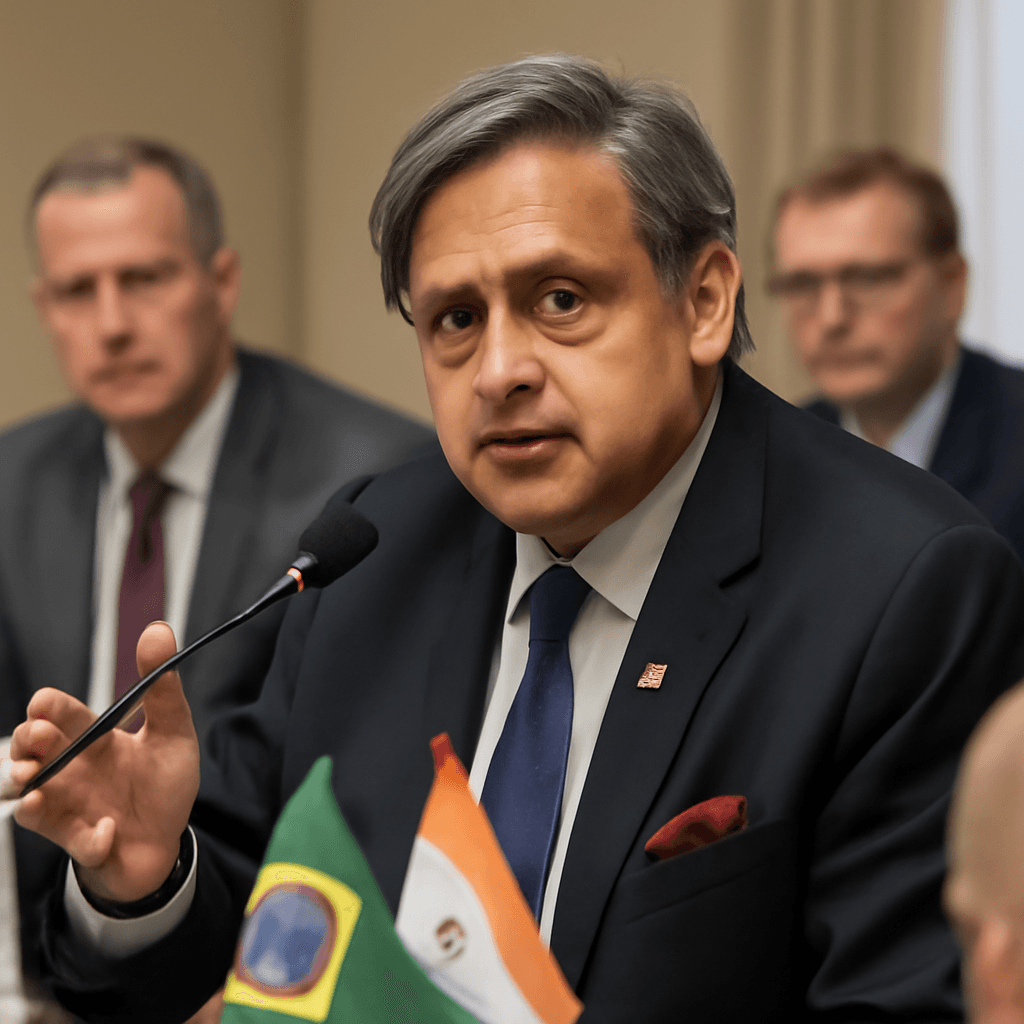Russia Rejects Compromise in Ukraine Peace Negotiations
Former Russian President and Deputy Chairman of Russia’s Security Council, Dmitry Medvedev, emphatically dismissed any notion of compromise in the ongoing peace talks with Ukraine. Speaking via Telegram on June 3, 2025, Medvedev declared that “everything that needs to be blown up will be blown up, and those who must be eliminated will be.”
He emphasized that the recent negotiations held in Istanbul were not aimed at achieving a peace agreement under what he termed “delusional terms,” but rather to secure a swift victory and ensure the “complete destruction of the neo-Nazi regime” in Kyiv. This rhetoric underscores Moscow's firm stance amid resumed discussions.
Key Issues in the Istanbul Talks
The peace talks in Istanbul, which marked the second round of direct negotiations between Russia and Ukraine, produced limited results despite high expectations. While both parties agreed on humanitarian steps such as a prisoner-of-war exchange and the repatriation of 12,000 bodies of fallen soldiers, they failed to reach an agreement on a ceasefire.
The Russian delegation put forward demands including:
- Territorial concessions by Ukraine
- Adoption of a stance of neutrality
- Restrictions on the size of Ukraine’s military
- Holding new elections in Ukraine
These conditions were categorically rejected by Ukraine, with Kyiv’s delegation reiterating their call for an unconditional ceasefire lasting at least 30 days across land, sea, and air.
Ukrainian Position and Responses
Ukraine's Defence Minister Rustem Umerov, leading the delegation, stressed the urgency of stopping hostilities immediately to prevent further loss of life and extensive destruction. Ukraine submitted its ceasefire proposal ahead of the talks but only received Russia’s brief truce offer during the negotiation session itself.
Russia's proposal included a tentative two- or three-day ceasefire restricted to specific front-line areas but lacked detailed terms. The short duration and limited scope of this offer were viewed as insufficient by Ukraine and its Western allies.
Retaliation and Escalation Warnings
Medvedev additionally alluded to possible retaliatory actions in response to recent Ukrainian strikes on Russian bomber bases, warning that “retribution is inevitable.” This signals a potential escalation in military activities despite ongoing talks.
Outlook on the Conflict and Peace Process
The war, now in its third year, continues to have profound humanitarian and geopolitical consequences. Russia currently controls roughly 20% of Ukrainian territory, including the annexed region of Crimea since 2014.
Both sides have expressed their intent to continue negotiations; however, with no concrete timelines or breakthroughs announced, prospects for an immediate resolution remain remote.
Summary of Negotiation Outcomes
- Agreed: Prisoner-of-war exchanges, return of bodies of deceased soldiers
- Rejected: Ceasefire demands by Ukraine, Russian territorial and political requirements
- No major breakthrough: Talks lasted just over an hour with no ceasefire or peace deal
The current stalemate indicates Moscow’s prioritization of achieving military objectives over diplomatic compromise, prolonging the conflict amid international calls for a peaceful resolution.

